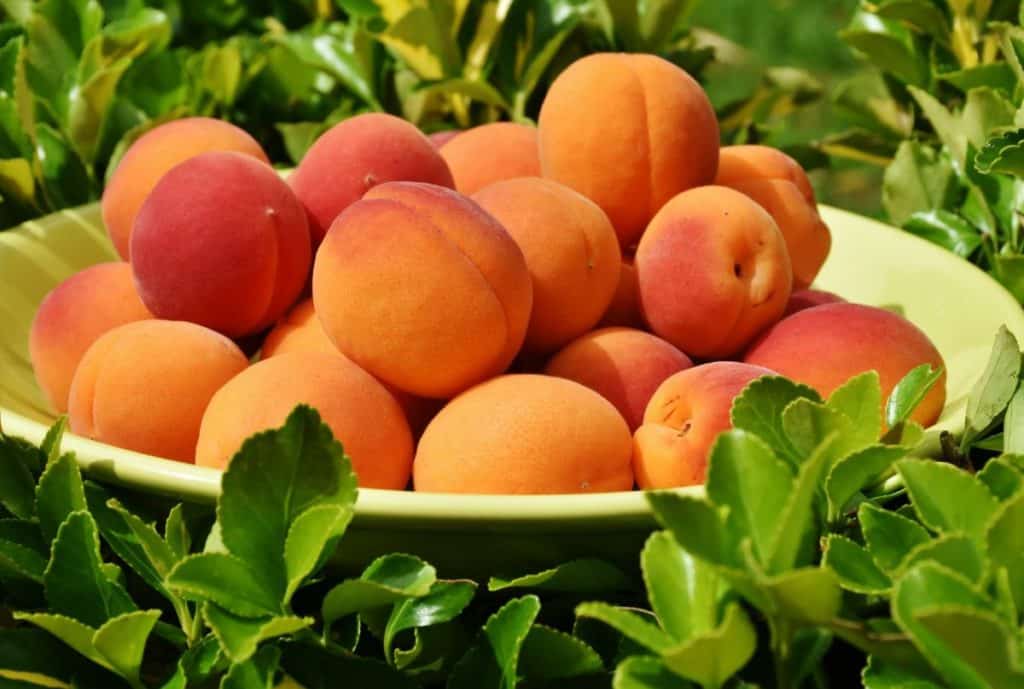
The scientific name of the apricot fruit is Prunus armenaica. The origin of the apricot fruit is disputed. Some say it first originated in China, later in Asia and Europe, and then spread to other parts of the world. Other experts attribute Armenia as the place where apricots were first cultivated. Below are the benefits of apricots for your child.
Apricots protect the eyes and gums
Fresh, dried, or canned, apricots are one of the best sources of beta-carotene, with just one fresh apricot providing about the daily recommendation of vitamin A. Canned apricots offer three times more because heat processing breaks down cell walls, releasing additional beta-carotene.
The beta-carotene is converted to Vitamin A in the body. This nutrient helps protect the eyes and keeps the skin, hair, gums, and various glands healthy. It also helps build bones and teeth. Plus, research shows that Vitamin A helps to fight infection by maintaining strong immunity. For this reason, researchers are looking to apricots as a valuable source of beta-carotene’s healing power.
Good source of fiber, potassium, Vitamin C
Apricots are also a good source of fiber (about 2.5 grams for three apricots) and burst with potassium (about 300 milligrams in three fresh or eight dried halves).
Potassium is a mineral and electrolyte that helps maintain proper fluid balance, aids muscle function, and helps regulate heartbeat. Potassium also promotes healthy digestion and strong bones. Getting sufficient amounts of potassium daily can help you maintain normal blood pressure and reduce your stroke risk.
Apricots also provide Vitamin C. Vitamin C prevents many debilitating diseases and increases the body’s immunity.
How do you store apricots?
Apricots should be stored at room temperature until ripe and kept in the fridge in a plastic bag or bin for three to five days. When storing, be sure to keep them out of direct sunlight.
How can you tell when apricots are ripe? One sign: the fruit is soft but not too soft; otherwise, it may be overripe.
Dried apricots and your toddler
Have all the facts before offering dried apricots to your toddler. While most toddlers can safely eat dried apricots, there are certain dangers to address before giving them to your child.
Some children have allergic reactions to dried fruits, including apricots. The most common allergen is sulfite, which manufacturers use to preserve the fruit’s appearance before drying. Mold spores are also common in dried fruits, and though many people eat them without a problem, this will cause a reaction in a child with mold allergies. Some who have tree pollen allergies also have difficulty eating dried fruits.
Always ask your toddler’s pediatrician before offering them dried apricots or any other type of dried fruit.
.



